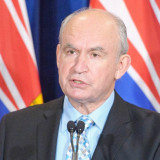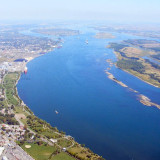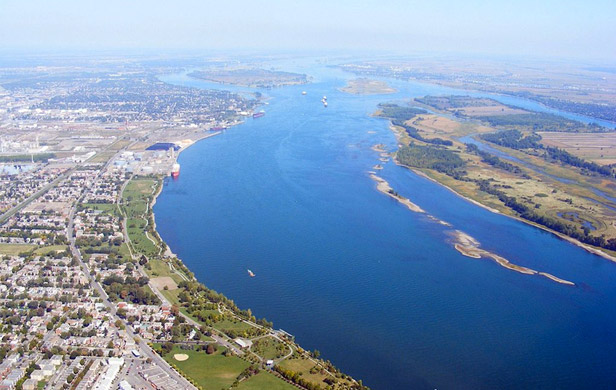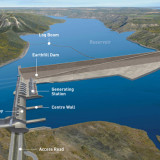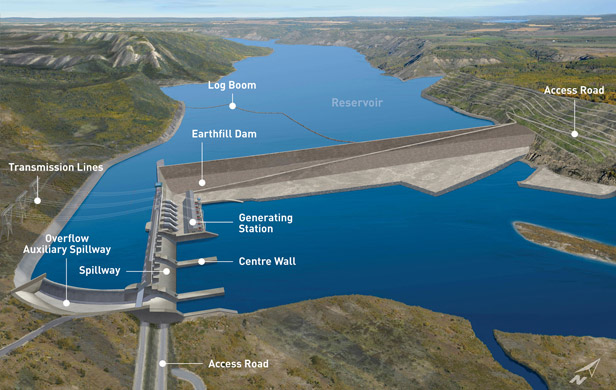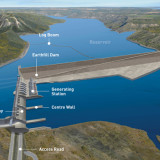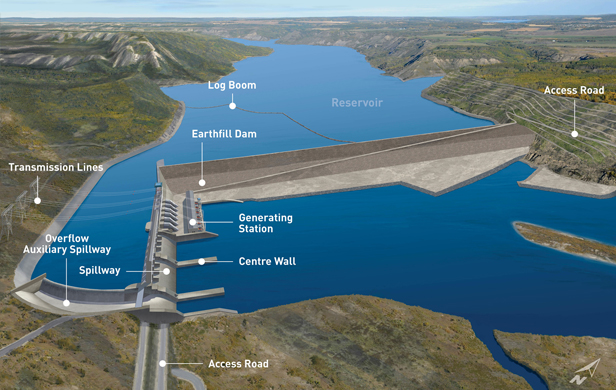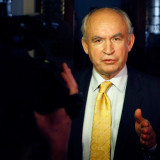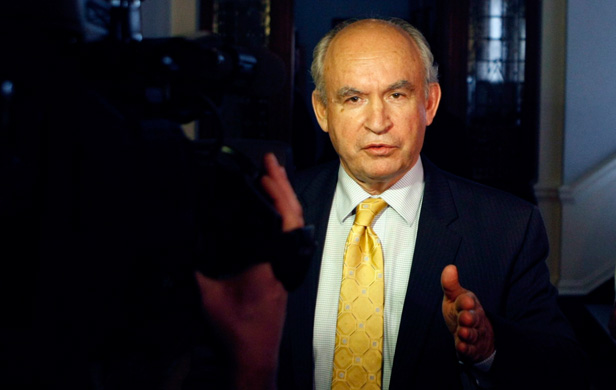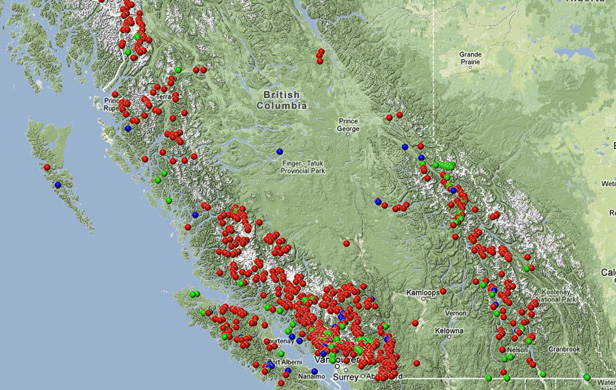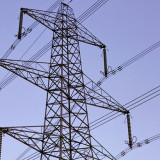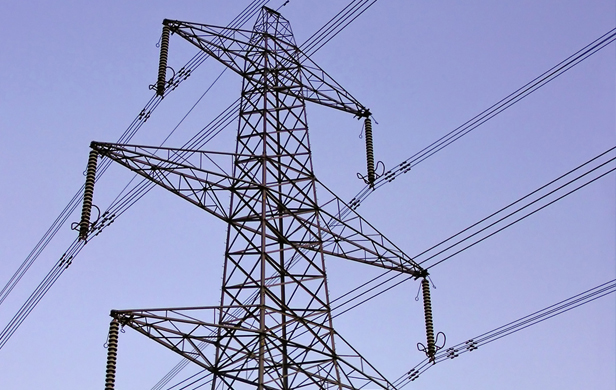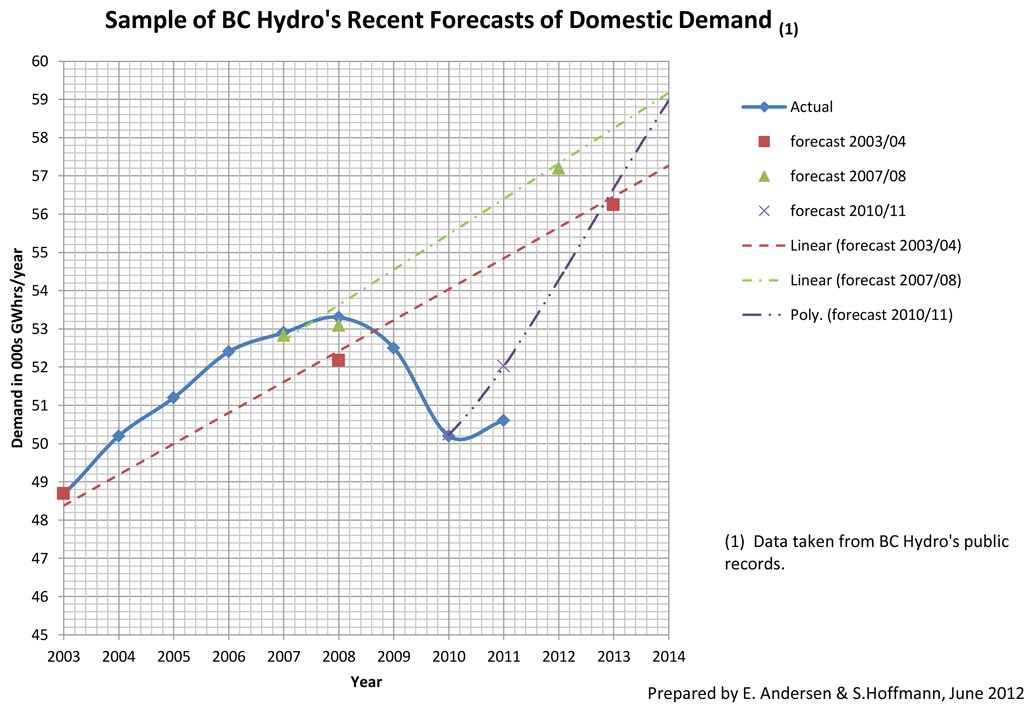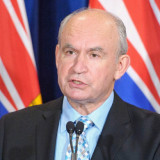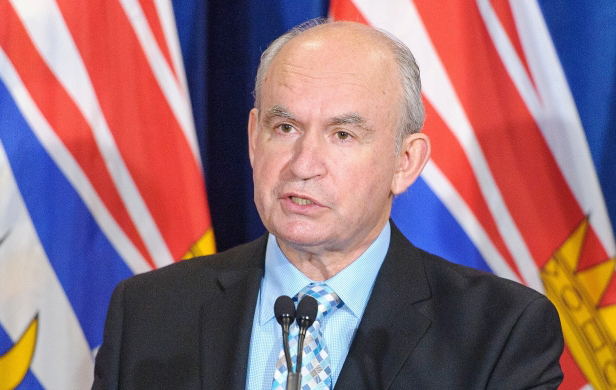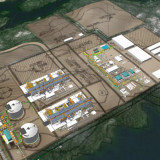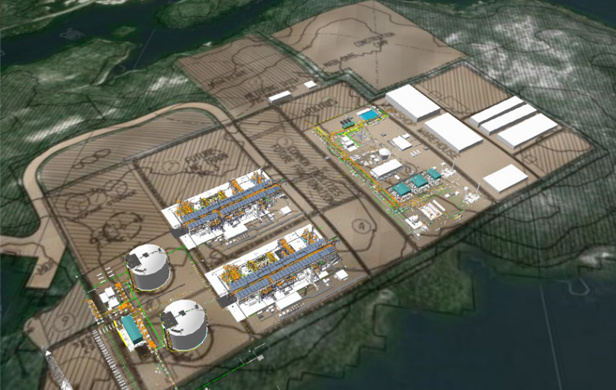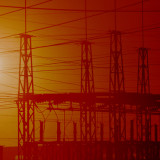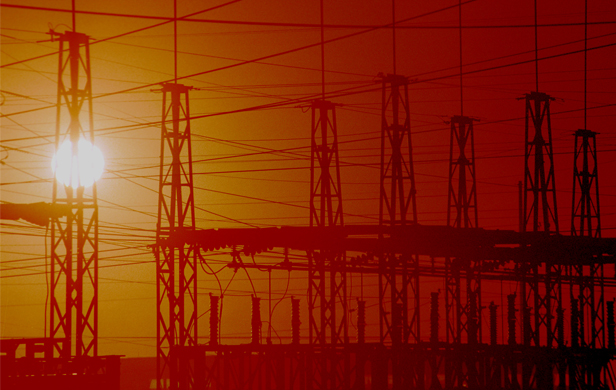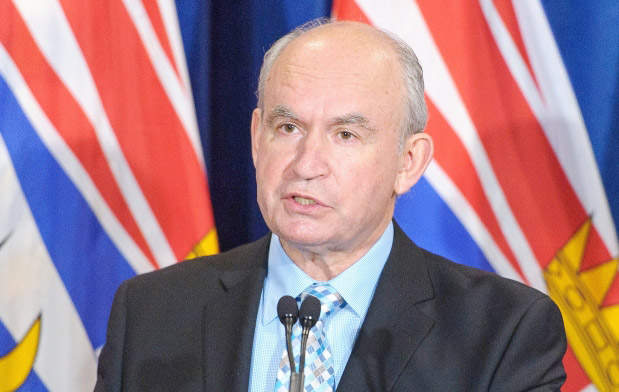
How do you know when a politician’s lying?
When you see his/her lips move.
Bill Bennett, the BC Hydro point man in the government, tells us that there will be a 28% increase in Hydro charges over the next few years, which NDP critic John Horgan says will raise a family’s costs by $300 dollars annually.
The NDP sent out a fundraising plea last week “to fund our work to protect British Columbians from these gigant rate hikes.” Simply campaigning to kill the increases without getting to the root of the matter will do nothing to solve the problem long-term, as our independent economist Erik Andersen has explained in these pages.
Mr. Bennett didn’t tell the whole truth about the need for this rate increase and Horgan, who talks about the obvious impact this will have on families, doesn’t seem to want to go to root of the matter. I will get to that in a moment. First, an obvious question which doesn’t get raised much if at all.
Bleeding Hydro still pays dividends to Liberal Govt
With all its financial woes, BC Hydro still pays a dividend to the government. How can a corporation bleeding to death financially pay a dividend?
The answer is – are you ready for this? – The cost is passed onto us, the beleaguered ratepayer/taxpayer. What is happening is simple – the government takes the dividend that can only be paid by a Hydro rate increase. So, the government steals from our pocket then makes up the theft by raising rates!
The real reason for Hydro’s financial woes
Let me spell it out – these hikes have very little to do with upgrades and everything to do with rank fraud perpetuated by the Campbell/Clark government and placed on the shoulders of BC Hydro, then passed on to us!
Let me pause for a moment to observe that this sleight of hand is indeed happening and raise Mair’s Axiom I to the forefront: “You make a serious mistake in thinking that those in charge know what the hell they’re doing.”
Now the grand theft, entirely unmentioned by the mainstream media.
Here’s the skinny. In 2003 the Campbell government took away BC Hydro’s right to generate any new energy (except Site “C”) and all new energy must be created by private power companies.
(As we go on here, remember Mair’s Axiom I.)
For the most part, private companies – the so-called “run of river” projects – produce the majority of their power during the Spring run-off, just when Hydro has full reservoirs and has no need of private energy.
Well, then, I guess BC Hydro simply doesn’t buy energy from these companies, right?
Wrong! And remember Mair’s Axiom I as we proceed.
BC’s private power sham
These private companies have “take or pay clauses”, which means that Hydro must pay for this unwanted and unneeded energy!
Ah! You say, Hydro would be able to get this power cheaply, right?
Wrong. Remember Axiom I – they must pay 2-3 times the market price and about 10x what they can make it for themselves!
What are the consequences from this for Hydro?
Over the next 20-40 years they will have to shell out over $50 BILLION dollars to these private companies, somewhere between $1.5 and $2 BILLION per year for power that don’t need and must pay at least double its worth. Note, that these private contracts, by all accounts, are indexed to increase over time, so that they are protected from the marketplace.
Now the scandals: Bill Bennett is shielding this $50 BILLION from his reasons for Hydro increases – and for reasons I can’t fathom, the NDP critic, John Horgan, isn’t talking about it.
“You make a big mistake…”
